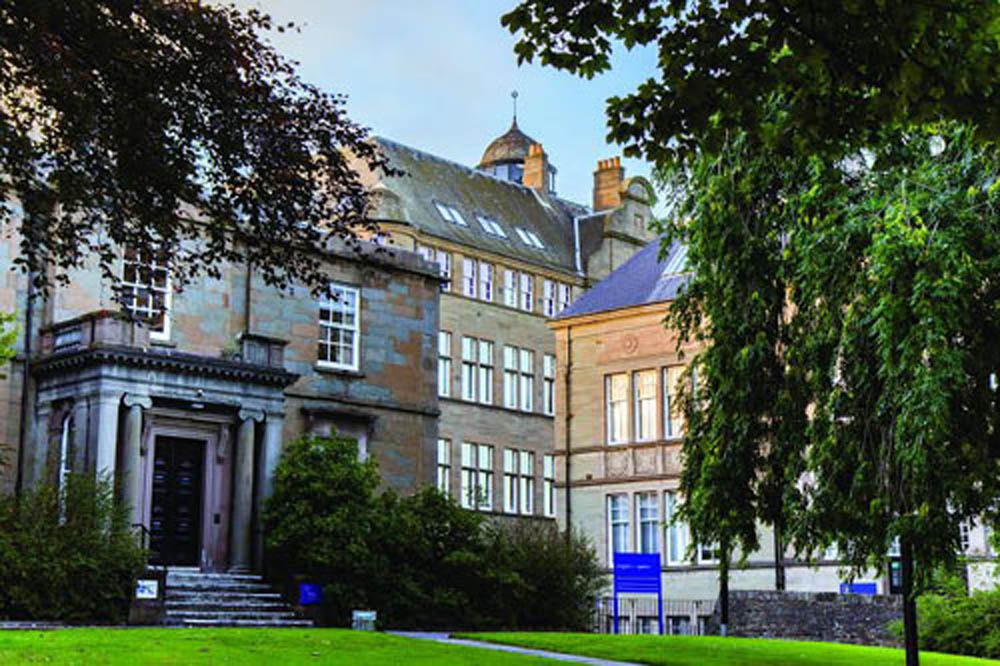Researchers from the University of Dundee have discovered a new pathway that offers the potential for new therapeutic strategies for a major developmental disorder that affects hundreds of millions of people across the globe.
Intellectual disability, a neurodevelopmental condition characterised by significant limitations in both cognitive function and adaptive behaviour, affects an estimated 1-3% of the world’s population.

The cause of the disease remains largely unknown, meaning scientists need to understand in molecular detail the processes that go wrong during development of the nervous system.
Researchers, led by Dr Greg Findlay in the University’s School of Life Sciences, used a stem cell model to uncover a new pathway for cellular communication that is disrupted in intellectual disability patients.
This pathway controls a protein called REX1 that governs gene expression in stem cells and regulates a programme of genes that is required for the correct development, patterning and functioning of the nervous system.
“Excitingly, the fact that the enzymes in this pathway are disrupted in patients with intellectual disability disorders provides new insight into the fundamental underpinnings of intellectual disability,” said Dr Findlay.
“Intellectual disability is devastating for patients and their families but we are only beginning to learn about what goes awry during nervous system development in order to cause these disorders.
“The discovery of a pathway which we now know is disrupted in people with intellectual disability could lead to a new therapeutic approach to treat these patients.”
The research was spearheaded by Dr Francisco Bustos, a postdoctoral researcher in Dundee’s MRC Protein Phosphorylation and Ubiquitylation Unit (MRC-PPU), with a major contribution from PhD student Anna Segarra-Fas.
The Dundee scientists collaborated with colleagues from the Institute of Biomedical Sciences in Santiago, Chile, during the course of the research, which was funded by generous support of nearly £600,000 from the Medical Research Council and over £1 million from Wellcome and the Royal Society.

